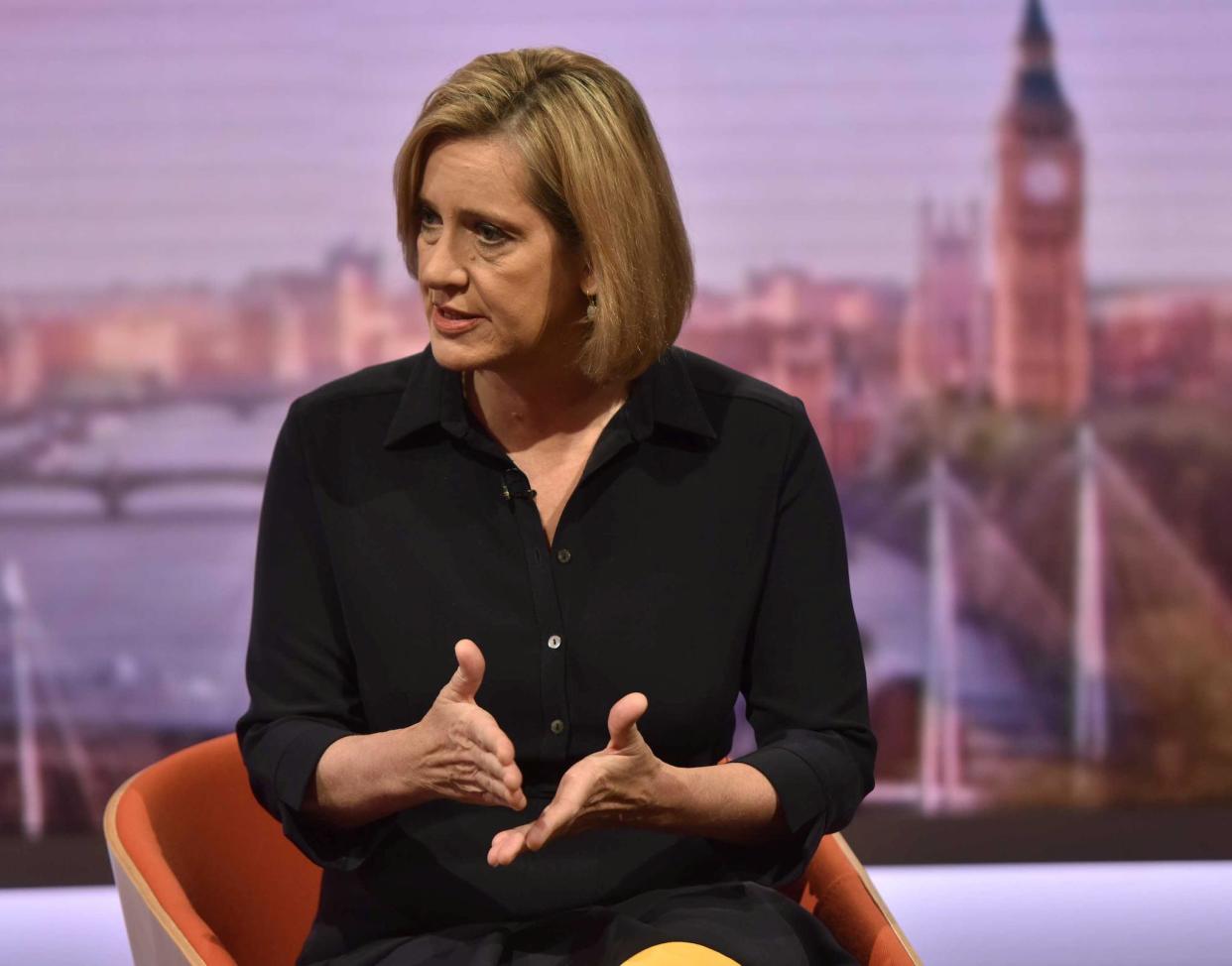Amber Rudd admits she doesn't understand WhatsApp technology but intends to 'combat' it

Amber Rudd admits that she doesn't understand the technology powering WhatsApp but that she wants to change it anyway.
The home secretary – like Theresa May before her – has repeatedly suggested that she could ban or significantly alter the way that apps like WhatsApp and iMessage use encryption, a key technology that keeps messages secure. But experts have said that the government doesn't fully understand the effects of those proposals, and that they could have far more disastrous effects than anticipated.
Now Ms Rudd has said that doesn't "need" to understand encryption "to understand how it's helping [...] criminals", and that she would work with the security services to "combat" the use of the technology.
End-to-end encryption is used in a variety of the most secure messaging apps, including those made Apple, WhatsApp, Signal and Telegram. The government has said that it is concerned that the technology keeps them from reading terrorists' and criminals' messages – but experts warn that the same technology also keeps private citizens from having their messages read by criminals, and is used to secure banking technologies, among other functions.
The home secretary appeared to admit that she agreed with the criticism that the government doesn't fully understand those uses of encryption. But that shouldn't stop her from changing how it is used, she said.
Ms Rudd said at a Conservative Party conference event: "I don't need to understand how encryption works to understand how it's helping – end-to-end encryption – the criminals. I will engage with the security services to find the best way to combat that".
She complained that there was too much criticism of people who try to legislate in "new areas".
"It's so easy to be patronised in this business," she said. "We will do our best to understand it.
"We will take advice from other people but I do feel that there is a sea of criticism for any of us who try and legislate in new areas, who will automatically be sneered at and laughed at for not getting it right."

